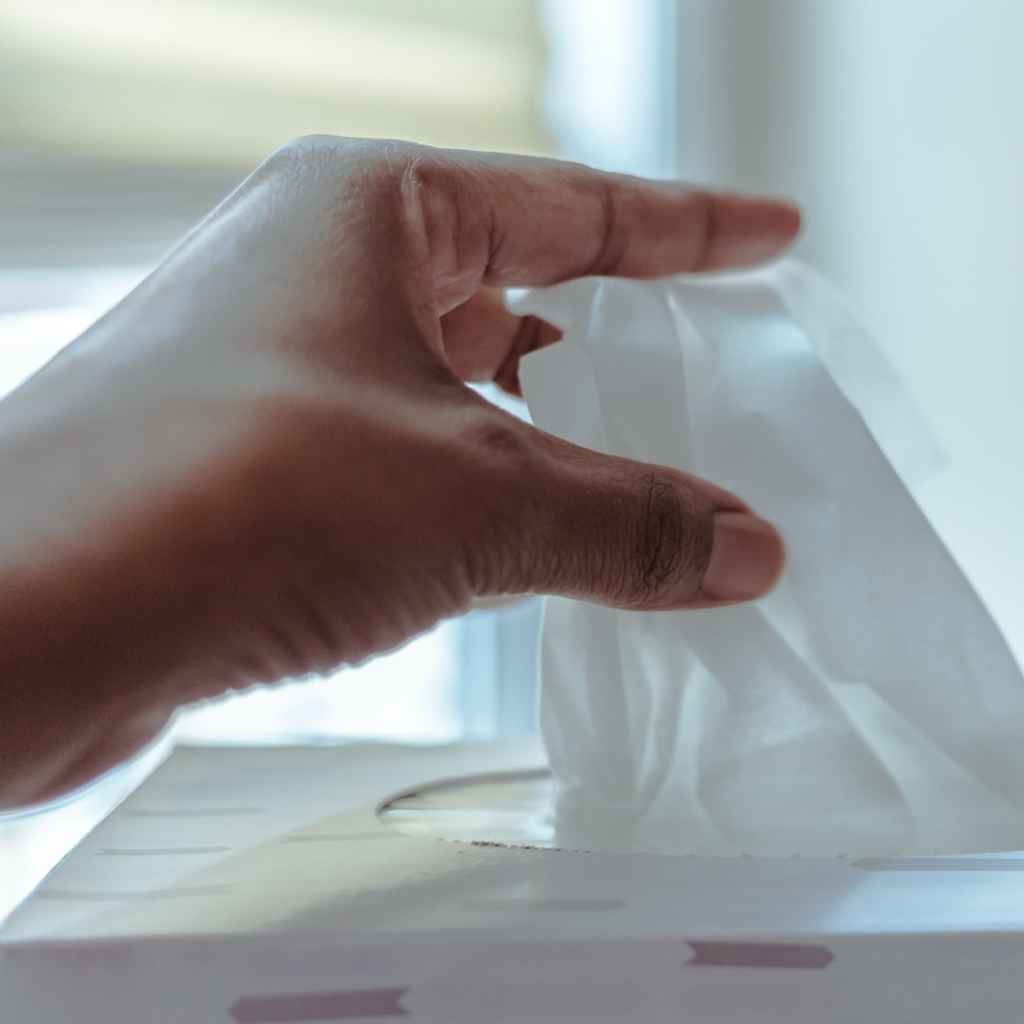It’s no hard-and-fast rule, but sometimes, crying can feel kind of good – or make you feel a little better about something that is bothering you. It’s a strange phenomenon that I’ve personally experienced. “I think I just need a good cry” is something that’s come out of my mouth countless times in my life.
I’ve never really understood why crying can feel good, but I’ll admit it’s been happening a lot over the last few trying months, so I decided to reach out to some experts for an explanation. And yes, there is a scientific reason why crying can have a feel-good effect on us.
“Crying causes neurological and hormonal changes in your body that contribute to making you feel calmer and less tense after you cry,” Dr. Nate Favini, MD, the medical lead of the preventive primary care practice Forward, said.
Crying activates the parasympathetic nervous system, which calms the body. Endorphins and oxytocin are also released.
“All of this makes you feel better and induces cognitive phenomena like reappraisal of the situation, which can help you put things into a larger perspective,” Dr. Favini explained.
Apart from the shift that happens within the body, Dr. Favini added that crying holds a social function.
“When people who are close to you see you crying, it attracts their attention and encourages them to soothe you and adopt behaviors such as hugging you or patting your back. This, in turn, makes you feel better. Other people may also change their behaviors in real ways that make your life better.”
In learning about the soothing capabilities of crying, maybe you remember a time where holding in tears actually made you feel worse. There’s a reason behind that, too.
According to Dr. Jennifer Carter, PhD, a psychologist at The Ohio State University Wexner Medical Center, emotional suppression, or pushing away negative feelings, has the potential to increase distress.
“Allowing ourselves to cry is the opposite of emotional suppression. Crying aligns with mindfulness in that we allow the feeling to be present, acknowledging the feeling without trying to push it away or fix it. Mindfulness exercises like crying often lead to negative feelings dissipating sooner.”
While crying when something is making you feel sad can have stress-relieving potential, Dr. Favini said that patterns of crying all the time or every day could be a sign of depression or a mood disorder. “If this is happening to you, you should seek help from a mental health professional.”
But remember: everyone experiences emotions differently, and there are many different ways to address stress – talking to a therapist, exercising, and meditating are a few examples. Regardless, it’s important to prioritize your mental and emotional health.
Dr. Favini said that exercises can help clear the mind and also causes the body to release endorphins. “Meditation is effective at reducing stress as well and can help give you more perspective on challenges that you’re confronting. Meditation apps like Headspace can be a great way to get started.”
Click here for more health and wellness stories, tips, and news.
Related: Want to Start Therapy but Not Sure Where to Turn? Let This Article Be Your Guide

